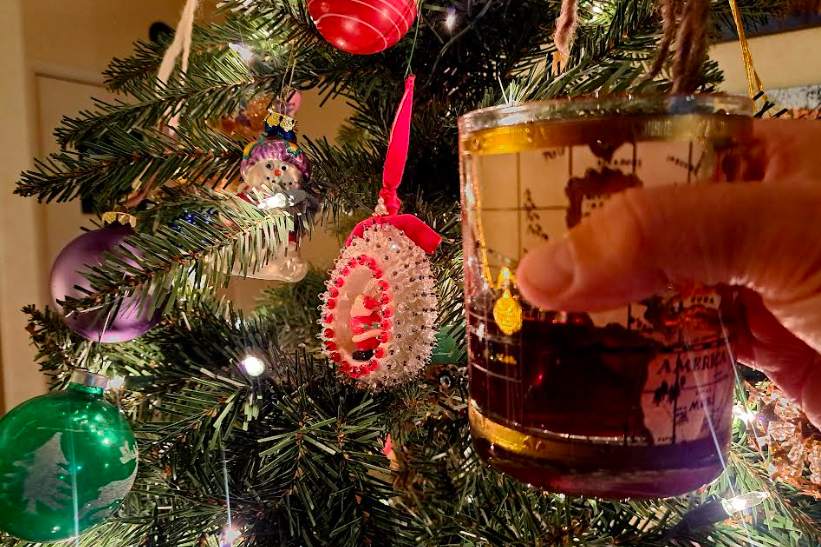
Farmers in Great Britain generally supported Brexit back in 2016, a decision that may seem dodgy now as many farmers across the U.K. are now struggling in the wake of the country deciding to cut ties with the European union. But regenerative agriculture could prove to be a lifeline for more farmers, including those who grow barley, as both the government and private sector are funding such programs in a bid to resuscitate the country’s agricultural sector. Among such companies is Suntory, the Japan-based brewing and distilling company that owns brands including Jim Beam and Maker’s Mark.
Suntory recently launched an initiative focused on reducing greenhouse gasses by sourcing U.K.-grown barley that farmers will cultivate using regenerative agriculture practices. In a partnership with the U.K.’s malt supplier Muntons, the sustainability consultancy Future Food Solutions, and barley farmers in the country’s East Anglia region, Suntory says the project will being production next year with the goal to grow barley that emits half the GHG emissions over the next five years.
The worldwide food and agriculture sector is amongst the largest sources of greenhouse gas emissions on the planet, responsible for between 25 and 33 percent of global emissions. To that end, food companies and investors are increasingly showing interest in regenerative agricultural practices in order to mitigate the sector’s emissions. Supporters of regenerative agriculture insist it can boost the health of ecosystems, improve soil health and even sequester carbon.
Not everyone shares this enthusiasm — some are making the argument that bold announcements about regenerative agriculture are a ruse to stall tactics that would be far more environmentally responsible. Nevertheless, during COP27, regenerative agriculture was on topic for several events and finance negotiations, as farmers, global leaders, climate change experts and business leaders all continue to search for ways in which to transform agriculture from a problem into a solution. Barley could very well be one crop that can help decrease emissions through such uses such as planting it during certain times of the year as a cover crop.
On that point, Suntory says raw ingredients comprise about 20 percent of the company’s total emissions across its entire value chain – with barley, a key ingredient in both beer and spirits, adding to that total. The company will gauge how the regenerative agriculture program will reduce emissions, improve soil health and water quality, ensure crop yields, and affect grain quality. Various brands falling under the Suntory umbrella will evaluate these crops’ contributions to Suntory’s goal to eliminate emissions across its entire value chain by mid-century.
Other brands in Suntory’s space, all of which are dependent on barley for their brews and whiskies, are dabbling in regenerative agriculture — a list that includes Diageo’s Guinness, Anheuser-Busch and Molson Coors. So drink up — at least next holiday season, as there’s a chance the moments you choose to imbibe will be a smidge more sustainable.
Image credit: Leon Kaye

Leon Kaye has written for 3p since 2010 and become executive editor in 2018. His previous work includes writing for the Guardian as well as other online and print publications. In addition, he's worked in sales executive roles within technology and financial research companies, as well as for a public relations firm, for which he consulted with one of the globe’s leading sustainability initiatives. Currently living in Central California, he’s traveled to 70-plus countries and has lived and worked in South Korea, the United Arab Emirates and Uruguay.
Leon’s an alum of Fresno State, the University of Maryland, Baltimore County and the University of Southern California's Marshall Business School. He enjoys traveling abroad as well as exploring California’s Central Coast and the Sierra Nevadas.














